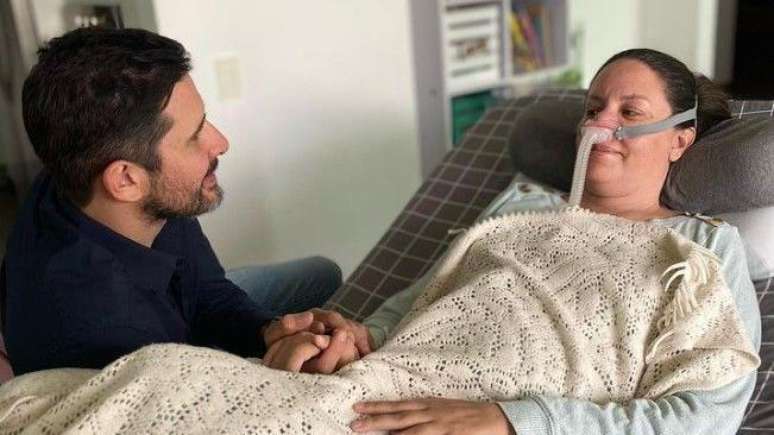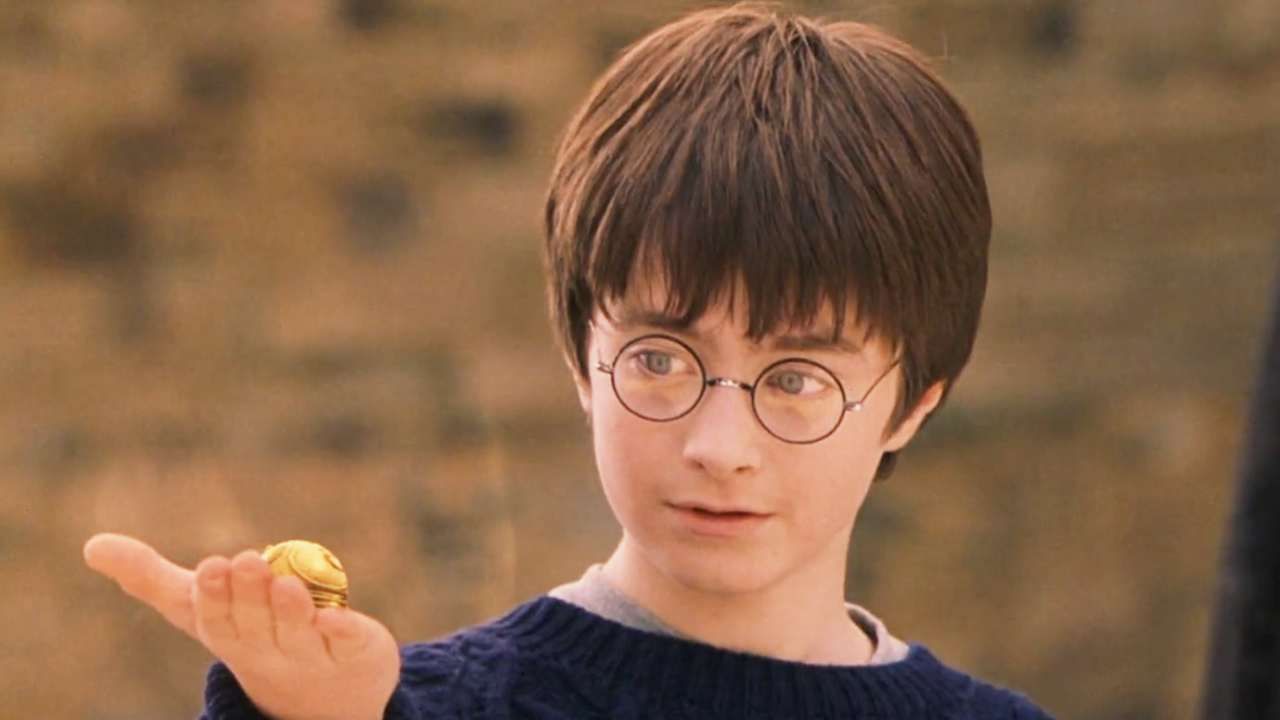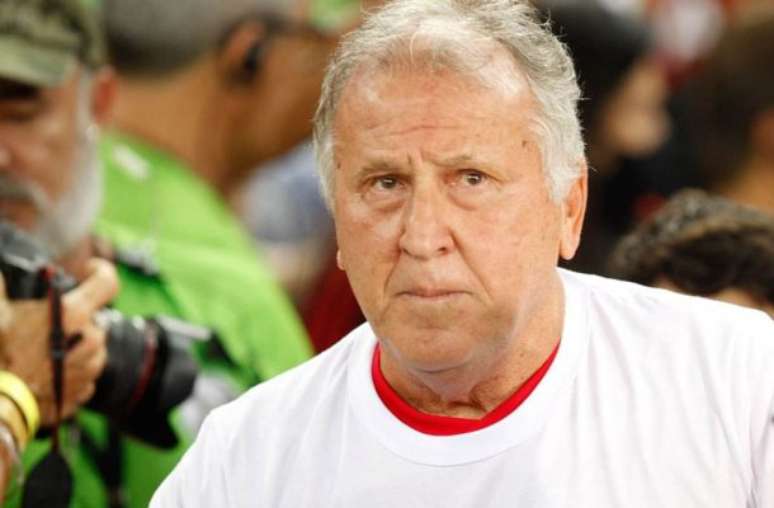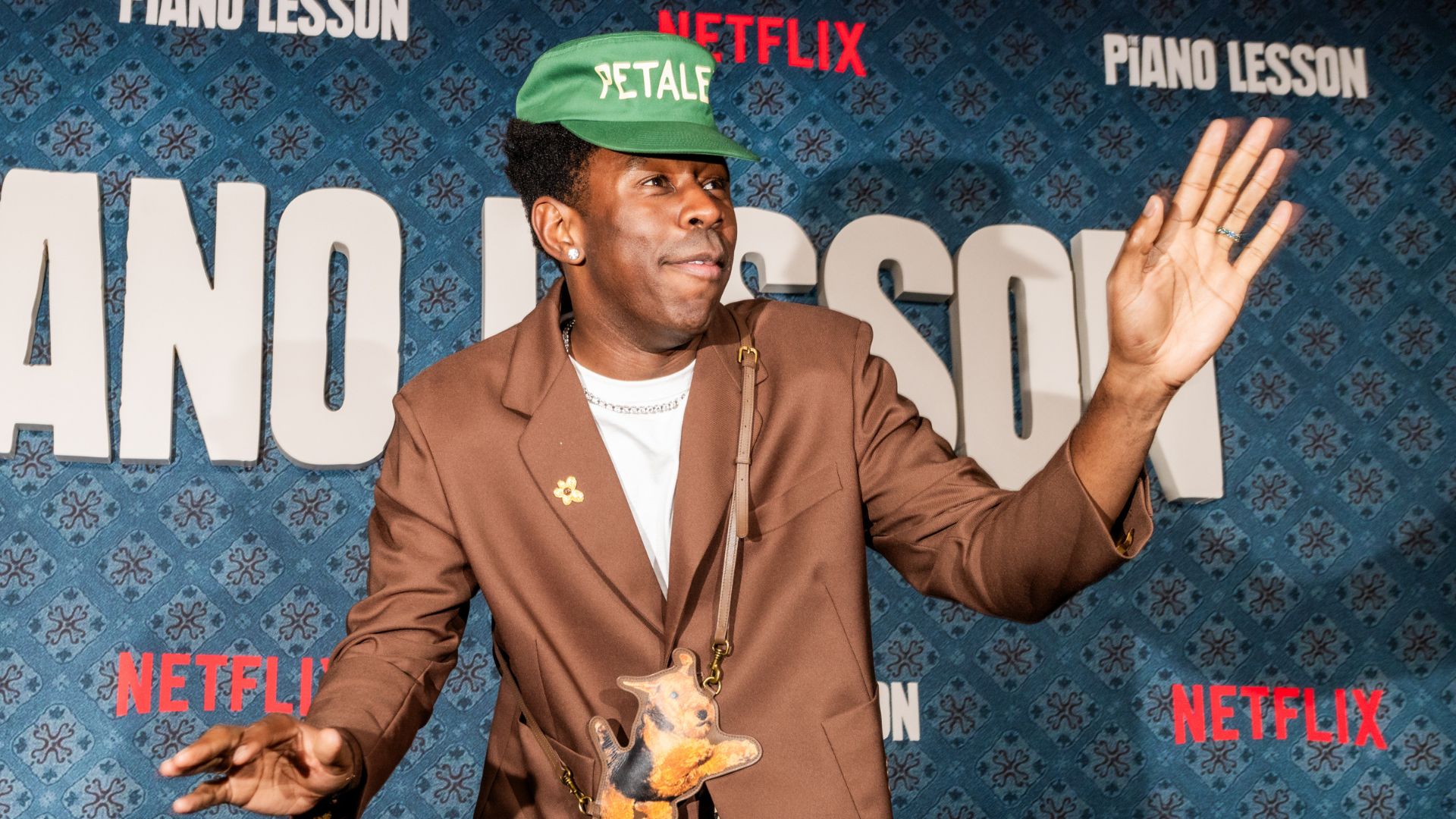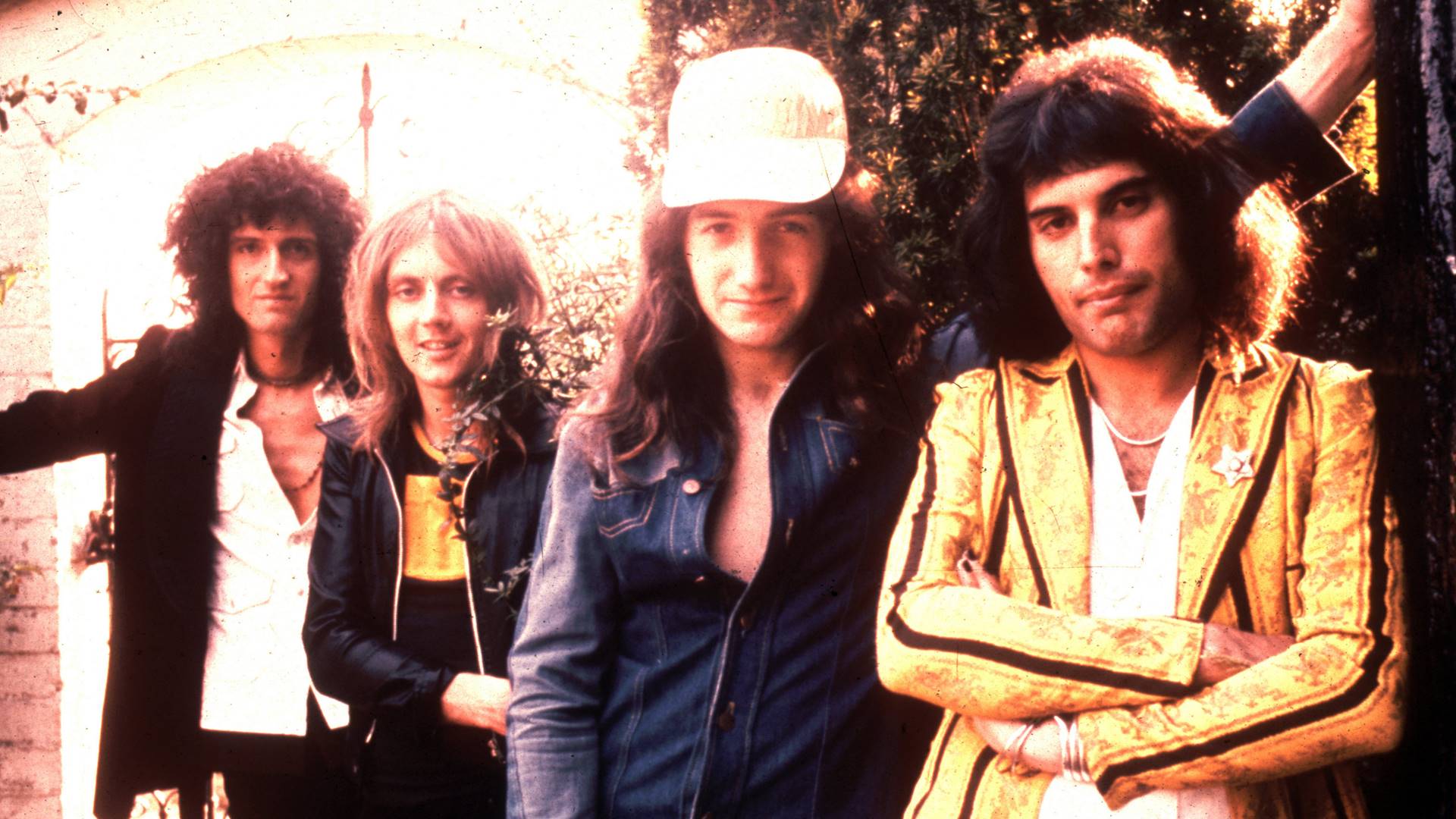Ecuador decriminalized euthanasia with a historic decision in the case of Paola Roldán. This makes the country the ninth in the world to decriminalize assisted dying.
Paola Roldán’s life took an unexpected turn in August 2020.
She fainted while doing yoga. And, some time later, she felt like she was drowning while she pushed the stroller.
Initially the tests revealed nothing. But, faced with her persistent discomfort, Paola decided to continue investigating what was happening.
Until then he had led a healthy life. I exercised every day and ate a healthy diet.
But none of this prevented his diagnosis: amyotrophic lateral sclerosis (ALS).
ALS is a progressive degenerative disease that has no cure.
According to data from the World Health Organization (WHO), it is one of the motor neuron diseases that affects two out of 100,000 people on the planet.
Neurons in patients with the disease deteriorate or die and are no longer able to send messages to the muscles.
In the short to medium term this causes muscle weakness, involuntary contractions and the inability to move the arms, legs and body.
Paola has experienced it all.
Today, at 42, she is bedridden and lives with the help of a ventilator. She only has control of her facial muscles.
Amidst all the suffering, she decided to fight a public battle – accompanied by her husband, Nicolás, and her young son, Oliver – to make euthanasia a right in her country, Ecuador.
He thus asked the Constitutional Court of Ecuador the unconstitutionality of article 144 of the country’s penal code, which provides for penalties of 10 to 13 years in prison for simple murder, including the practice of euthanasia.
“I have lived a full life and I know that the only thing I deserve is a dignified death,” the Ecuadorian declared in November, at the height of the trial.
After several months of deliberation, the Court granted his request last Wednesday (02/07), issuing a favorable decision. With this, Ecuador became the ninth country in the world to decriminalize assisted dying in extreme circumstances.
Paola’s father, Francisco Roldán, said he was happy that his daughter had achieved “a historic feat and a legacy for Ecuadorian society.”
But he admitted he was “heartbroken, because the outcome that we know could happen and that the family is processing, the death of our daughter, is very strong.”
How illness changed your life
After the diagnosis, Paola tried everything. Scientific and alternative treatments, always hoping that your body will be able to cope with the disease.
But a few months into August 2020, the symptoms became increasingly evident.
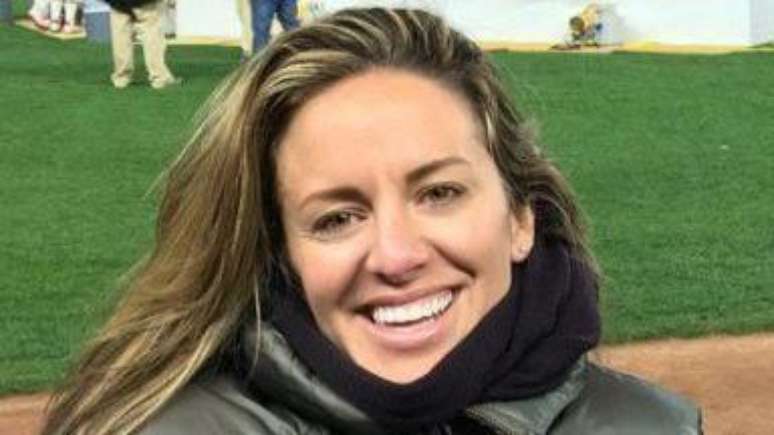
Since then she has been hospitalized several times, suffered from infections and her body has changed dramatically.
Choking incidents also showed how his life hung in the balance. Among other things, ALS causes a weakening of the muscles involved in swallowing, making food consumption riskier.
According to the newspaper El País, the apartment where he lives – located about 20 minutes from the capital Quito – needed to be adapted to his new reality, with a hospital bed installed in what used to be the dining room.
Last January 17, Paola told us through her account on X (formerly Twitter) part of what she has to face every day.
“Today marks 162 days since I filed my appeal with the Court. For many, 162 days is nothing, but for me it was 3,888 hours of survival,” he said.
“Since August 8 I have experienced six doctors abandoning me, dozens of suffocation episodes, 10 days between Christmas and the beginning of this year with crises so serious that they anointed me with oil and I said goodbye to my family. My body started to reject intravenous food, so I’ve been living on an IV for 17 days. I don’t know how much time I have left in this slow agony…”
In another post on the same social network, Paola revealed the high cost that the disease has for her and her family.
Considering the three nurses who look after her “24 hours a day, 7 days a week”, the more than “3,500 treatments I have received in these three years” and the countless trips abroad “in search of help”.
“I have done everything, there is no cure or drug that can spare me and I can guarantee that I will not have a minute without physical pain, much less emotional,” he declared.
“Could you drug me continuously with morphine so I don’t feel, is this life for you?”
The family
Perhaps the hardest part of the disease is watching her son Oliver, who is almost 4 years old, grow up.
On social media, Paola said that for a year she has been creating a “time capsule” with gifts for her future birthdays, a box with memories of her, her first memories and the most important moments of her life — like falling in love for the first time and go to university.
“It was difficult to think of a symbol for each of these moments, especially because I don’t know what my son will like or who he will become. I didn’t want these gifts to become a precept of what I wanted for him, but yes, to offer him more and more freedom “, he added.
The Ecuadorian also said that although she had always thought she would be present at all of her son’s presentations – including moments like his graduation – that was not what life had in store for her.
She also spoke about her husband Nicolas, who has fought alongside her these last three years.
“None of this would have happened without my husband’s unconditionality and resilience,” she said in a November 2023 Instagram post.
He spent more than a year preparing the time capsule for Oliver. Gifts for your birthdays, a box with my memories, a box with your first memories, boxes for the important moments of your life: when you fall in love for the first time, when your heart breaks, when… pic.twitter.com/HpagIBpOT7
— Paola Roldan Espinosa (@PaolaRoldanE) January 15, 2024
According to her lawyers, what led Paola to request access to active euthanasia was the awareness that over time she would also lose the ability to communicate with her husband and son, who accompany her at all times.
‘One dimensional’
The decision to expose himself on social media and fight for a dignified death came at a price.
Paola said that, at one point, she even regretted having drawn attention to her situation and that of her family.
In her own words, for some she is “courageous and a heroine”, while for others she is “cowardly and evil”.
“It’s like a steamroller turned me into a one-dimensional caricature,” he noted in X last November.
“A month and a half ago I was a mother, little sister, little daughter, love or simply Pao. Now I am ‘a 42-year-old woman with ALS, fighting for euthanasia,'” she added.
Paola didn’t know if she would be alive when the court decided on her request.
In early February, after learning that the decision would be announced in a matter of days, he said:
“I survived and now I want to see if the blood of justice and humanity flows through the veins of this country. Or if we continue with retrograde thinking that glorifies suffering.”
In a virtual press conference held after the Court’s decision was announced, Paola said:
“I thank everyone because today Ecuador is a slightly more welcoming, freer and more dignified country.”
He also explained that he will spend the next few days with his family to digest the meaning of this decision. Because “receiving information is different from dreaming it”.
The verdict is “immediate compliance”. And the decision to put it into practice is now in Paola’s hands.
Source: Terra
Rose James is a Gossipify movie and series reviewer known for her in-depth analysis and unique perspective on the latest releases. With a background in film studies, she provides engaging and informative reviews, and keeps readers up to date with industry trends and emerging talents.

